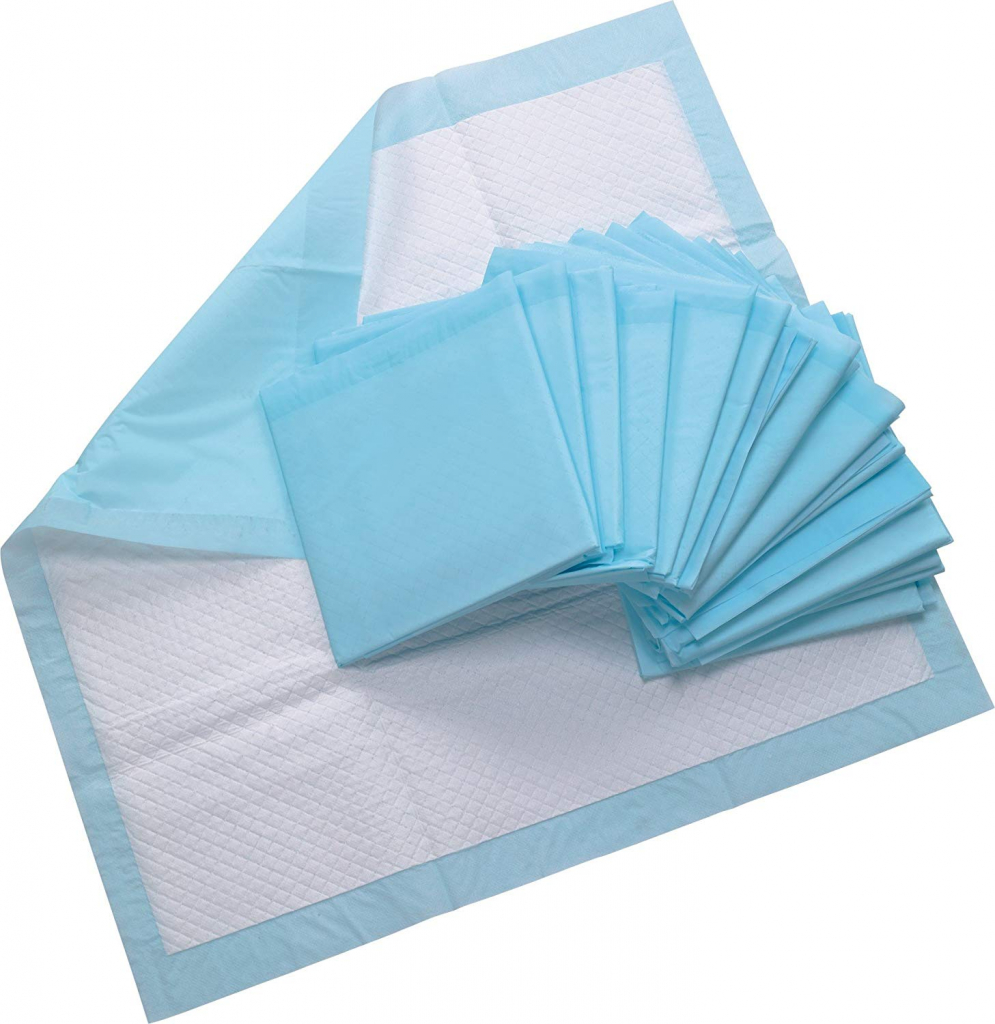
September 7, 2024
The Effect Of Hormonal Agent Treatment On Urinary Incontinence Urinary Incontinence Institute
Results Of Estrogen With And Without Progestin On Urinary Incontinence Geriatrics Jama From the age of puberty to menopause, hormonal changes can affect the toughness and function of the pelvic flooring muscular tissues, commonly resulting in urinary system concerns such as tension urinary system incontinence (SUI). A big component of this is because of maternity, giving birth and menopause. Each of these occasions in a lady's life can result in bladder control issues. Pregnancy can be a temporary root cause of urinary incontinence and the bladder control problems usually get better after the child is birthed. Some women experience incontinence after distribution due to the pressure giving birth handles the pelvic flooring muscles. When these muscles are weakened, you're more likely to experience leakage problems. Later, in a subgroup of these individuals, myopathic adjustments might occur in the bladder that make the spread of extraordinarily created contractile signals extra efficient and more difficult to subdue willingly. These connective-tissue parts form the passive supports to the urethra and bladder neck. Throughout times of boosted intra-abdominal pressure, if these supports are intact, they boost the helpful impact of muscular closure of the pelvic flooring. INNOVO's distinct Multipath ™ Technology makes sure ideal muscle mass interaction and efficiency, supplying targeted stimulation to the pelvic flooring muscles without the need for invasive probes or manual intervention.Recognizing The Web Link In Between Reduced Estrogen Degrees And Urinary Incontinence
Additionally, the client relearns how to manage the bladder and enhance the involved muscular tissues. Urinary bladder hypocontractility or inadequate accommodation of urine throughout storage may cause regular leak of small quantities of pee. Disorder may be triggered by urinary system system infection, chronic inflammatory problems, neoplastic sores, exterior compression, and chronic partial electrical outlet blockage.Menopausal Hormone Treatment (mht)
Your bladder is like a tank-- as soon as the bladder is full, the mind sends a signal that it's time to urinate. Pee then leaves the bladder when a muscle mass opens (sphincter), enabling the urine to flow freely out of the body with the urethra. It is essential to figure out the type of urinary incontinence that you have, and your signs and symptoms usually inform your medical professional which kind you have. At remainder, the urethra has a higher inherent pressure than the bladder. This pressure gradient partnership is preserved if intense boosts in intra-abdominal pressure are sent similarly to both body organs. The 2nd system involves intact connective cells support to the bladder neck and urethra. Urinary incontinence- Double-contrast cystography may be suggested for complete visualization of the urinary system bladder and recognition of urinary bladder lesions.
- Endocervix glandular tissue activity during menopause and subsequently the quantity of mucin lowers that this triggers to vaginal dryness that occurs as a main complaint in postmenopausal females.
- In biofeedback, a wire is linked to an electric spot over your bladder and urethral muscular tissues.
- Urge urinary incontinence is extra widespread after the menopause, and the top prevalence of tension urinary incontinence occurs around the time of the menopause.
- These hormone changes can affect bladder feature and urinary behaviors, materializing as urinary signs and symptoms such as raised regularity, necessity, or leakage.
- Stress incontinence develops when task puts increased stress on your bladder.
Why do I leakage pee after my duration?
- Hormonal agents impact hair's all-natural cycle and structure.Skin problems.Sex-related symptoms.Weight changes.Mood and rest issues.Digestive distress. Hormone control or birth control medication.Hormone substitute medications.Anti-androgen medications.Vaginal estrogen.Clomiphene and letrozole.Assisted reproductive
- technology.Metformin.Levothyroxine. Antidiuretic hormonal agent('ADH)is a chemical produced in the brain that creates the kidneys to launch much less water, reducing the amount of urine generated. A high ADH degree creates the body to produce less pee.
Social Links